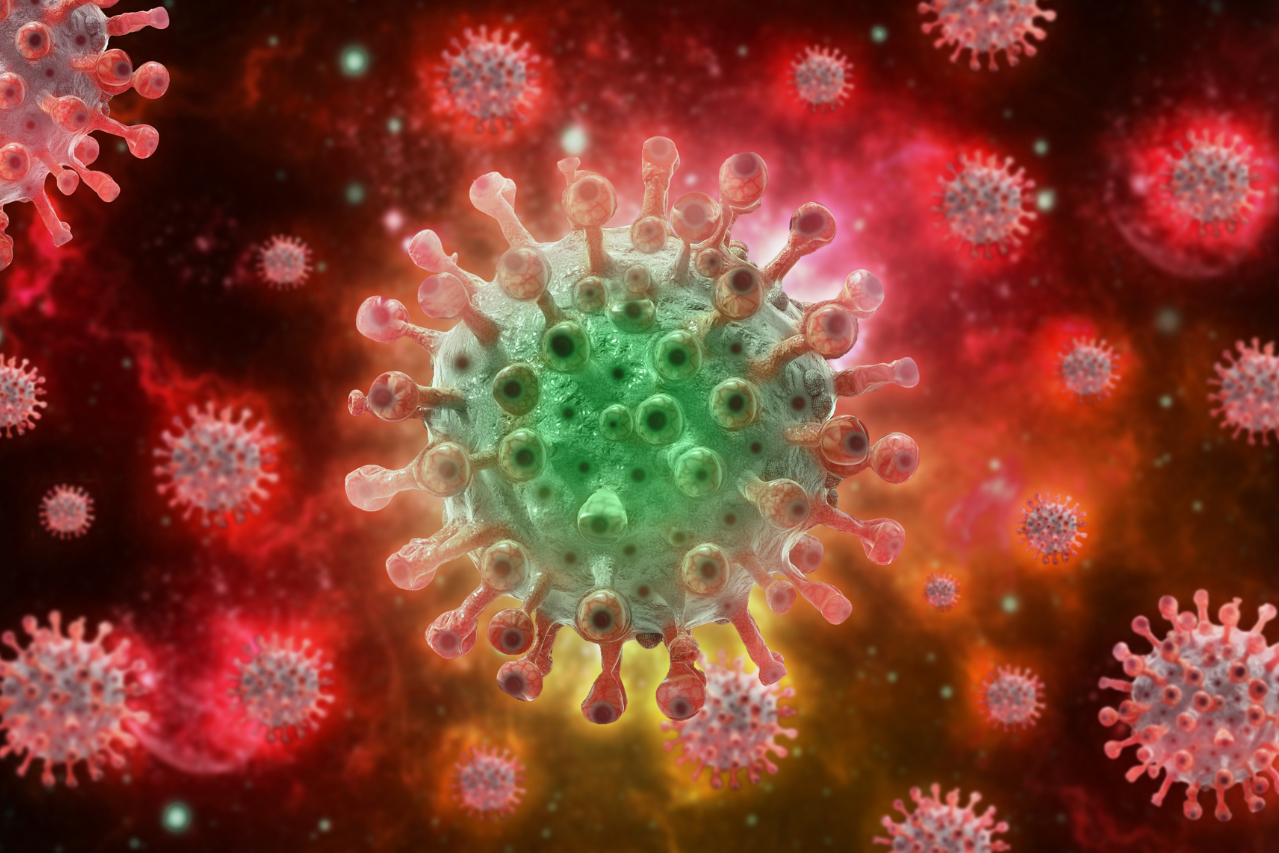In a significant advancement for drug discovery,Ubiquigent Limited, based in Dundee, Scotland, and Alleo Labs Corp., headquartered in San Francisco, California, have formed a strategic partnership to accelerate the development of therapeutics targeting deubiquitinases (DUBs). This collaboration merges Ubiquigent’s expertise in DUB-focused drug discovery with Alleo’s artificial intelligence (AI)-driven platform, aiming to expedite the identification and development of novel treatments for neurological diseases.
Understanding Deubiquitinases (DUBs)
Deubiquitinases (DUBs) are a specialized group of enzymes that play a pivotal role in cellular homeostasis by regulating protein degradation. Proteins within cells are marked for recycling or destruction through a process called ubiquitination, which involves attaching small molecules known as ubiquitin to target proteins. Ubiquitination serves as a signal for the proteasome—essentially the cell’s “garbage disposal” system—to break down these proteins. This process ensures that damaged, misfolded, or unnecessary proteins are efficiently removed from the cell. However, not all proteins tagged with ubiquitin are meant for destruction. That’s where DUBs come into play.
How DUBs Work
DUBs carefully edit the ubiquitination process by removing ubiquitin molecules from proteins. This allows the proteins to either:
- Avoid degradation, preserving their function within the cell.
- Be recycled or reactivated for use in cellular processes.
Why DUBs Matter in Health and Disease
The ubiquitin-proteasome system (UPS), which DUBs are a part of, governs numerous critical cellular functions, such as:
- Cell cycle regulation: Ensuring cells divide properly.
- DNA repair: Maintaining genetic stability.
- Immune response: Modulating inflammation and immune signaling.
- Neuron health: Preventing the accumulation of toxic proteins in the brain.
When DUBs malfunction, these processes can go awry, contributing to diseases such as:
- Neurodegenerative disorders: Abnormal protein accumulation is a hallmark of diseases like Parkinson’s and Alzheimer’s, where misregulation of the UPS is a major factor.
- Cancer: Overactive DUBs can stabilize proteins that promote unchecked cell division.
- Inflammatory diseases: Misregulation of immune-related proteins can exacerbate inflammation.
DUBs as Drug Targets
Because of their central role in many biological pathways, DUBs have emerged as attractive targets for drug discovery. By modulating DUB activity, scientists aim to restore balance to the ubiquitin system in diseased cells. For example:
- DUB inhibitors can prevent the removal of ubiquitin from harmful proteins, leading to their degradation.
- DUB-targeting chimeras (DUBTACs) can selectively degrade disease-causing proteins while sparing healthy ones.
- PROTACs (Proteolysis-Targeting Chimeras) leverage DUB modulation to degrade proteins of interest more effectively.
The Complexity of Targeting DUBs
Despite their promise, targeting DUBs is challenging. These enzymes are highly specialized, with subtle differences in how they interact with ubiquitin chains. Effective therapeutics must strike a delicate balance, ensuring they inhibit disease-related DUBs without disrupting essential cellular functions.
Relevance to the Ubiquigent-Alleo Partnership
The focus of the Ubiquigent-Alleo partnership on DUB-targeting drugs underscores the therapeutic potential of these enzymes. By integrating Ubiquigent’s expertise in DUB biology with Alleo’s AI-driven RubDUB platform, the collaboration aims to unlock the complexities of DUBs and rapidly develop groundbreaking therapies, particularly for neurological diseases where DUB dysregulation is a key factor.
The Partnership’s Objectives
Announced on October 15, 2024, the partnership grants Ubiquigent exclusive access to Alleo’s AI software, RubDUB, to enhance the search for DUB-modulating compounds. This access is crucial for developing DUB inhibitors, DUB-targeting PROTACs, and DUB-Targeting Chimeras (DUBTACs). Conversely, Alleo will utilize Ubiquigent’s platforms and expertise to advance its in-house DUB-focused precision neuroscience programs. The collaboration also includes joint efforts with third parties interested in developing DUB-modulating therapeutics.
Implications for Neurological Diseases
Alleo’s lead program, ALO-001, is an oral, brain-penetrant DUB small molecule inhibitor designed to address neuroinflammation in Parkinson’s and Alzheimer’s diseases. Currently in preclinical development, ALO-001 is expected to enter first-in-human clinical trials soon. The partnership aims to leverage AI to accelerate the development of such therapies, potentially offering new treatment avenues for patients with chronic neurological conditions.
Expert Perspectives
Jason Mundin, CEO of Ubiquigent, emphasized the partnership’s potential:
“The potential for the development of novel DUB-targeting therapeutics has never been greater, and this partnership with Alleo presents an exciting opportunity to not only add additional support to our in-house programmes prior to partnering, but also those of the partners we are supporting.”
Jermaine Ross, co-founder and CEO of Alleo, highlighted the strategic advantage:
“We are on the brink of a new era in understanding the role of DUBs in common neurological diseases. Our partnership with Ubiquigent provides a strategic advantage by connecting us with leading experts in the field.”
The collaboration between Ubiquigent and Alleo represents a significant step forward in the application of AI to drug discovery, particularly in targeting DUBs for neurological diseases. By combining their respective strengths, the partnership aims to accelerate the development of innovative therapies, potentially improving outcomes for patients with conditions like Parkinson’s and Alzheimer’s diseases.
Are you interested in how AI is changing healthcare? Subscribe to our newsletter, “PulsePoint,” for updates, insights, and trends on AI innovations in healthcare.




